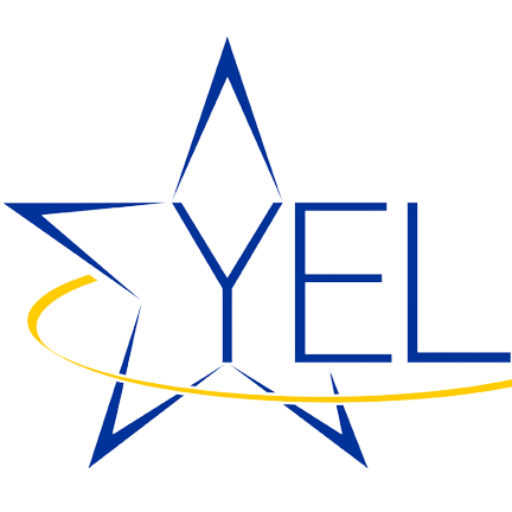
Haguar is a communications officer at YEL who is pursuing a master’s degree in cultural diplomacy and international cooperation. She has an extensive background in climate justice advocacy and has written opinion pieces about ecofeminism, the right to a healthy environment and the displacement of climate-induced refugees in the Global South.
Recently, I was delighted to attend an educational seminar at the European Economic and Social Committee which tackled the topic of Journalism being a bastion of democracy.
Many experts were invited to share their insight on the matter but the segment that struck the most was the one pertaining to AI being disruptive to journalism, this phenomenon is largely due to individuals relying on social media to get informed. Therefore, it is rather vital to question whether generative artificial intelligence poses a threat to creative processes, which are exceptionally embodied by writing professionals as well as asserting the importance of regulating it.
AI: An Ally That Might End up Being Venomous
Collectively speaking, I think that as Gen Z-ers, it is rather safe to say that we all fell victim to artificial intelligence due to its significant virtues.
Ranging from rendering academia accessible for different types of people with diverse intellectual abilities to making knowledge affordable, AI can be a blessing when you’re pulling an all-nighter to study as you’ve been procrastinating for a while, sounds a little bit too familiar, right?
Well, I myself cannot deny that I resort to Artificial intelligence and find it quite handy though I am reluctant in regards to its expansionism as it can be a menace for creative professionals and a tool of disseminating misinformation.
A while ago, I found out that we can create songs with customized lyrics through artificial intelligence which seemed mind-boggling to me at first but then it made me wonder what this might entail for musicians in the future. I thereby had the same realization when I was thinking about how AI can replace writers and journalists by attempting to replicate pieces written by humans through generating articles that came from the mosaic of writings it has gleaned. A bit dystopian, don’t you think so?
The gradual replacement of journalists by AI can lead to the erasure of journalistic resources as they will be dismissed as well as the profession eventually losing its preponderance in the job market. Not to mention that campaigns of disinformation might be at stake as a result of the sole reliance on artificial intelligence to gather information and to spread it.
With that being said, given the fact that journalism is an indispensable pillar of european democracies that might disappear, we should seriously start thinking about its adverse impacts in order to stop it from threatening our society as well as depriving us of making profits off creativity, which is the very nature of our human-kind and one that should not be monopolized by technology.
How It All Started
The unwavering trust that we developed towards artificial intelligence goes hand in hand with the rise of vertical videos as a predominant informational source.
The modernity of our technologies has made it safe for us to abandon traditionalism in many ways, including in getting informed.
As media became progressively more digitalized, individuals started exclusively relying on the internet to read the news and to learn about certain topics which has unfortunately led to decreased discernment, particularly when it comes to politics as it was ostensibly showcased in the Cambridge Analytica scandal.
This controversy highlights how social media can be weaponized to enforce disinformation through gathering personal data and designing content that targets various psychological profiles.
Artificial intelligence is no different as it can adjust to different political agendas in order to cater to users and eventually become a tool of deliberate misinformation.
Moreover, as AI is not a human that can be prosecuted for a violation of a code of conduct, it is not obliged to abide by the deontological and ethical rules that govern journalism, which require professionals to convey information with proven accuracy and objectivity.
Why Something Should be Done About It
If you’re still failing to see where the problem is then you should be aware that AI is a multilayered complex issue. Not only does it endanger democracy and creativity but it also jeopardizes the environment as it has an exponential carbon footprint that surpasses that of the aviation industry but that’ll be for another article.
Given its repercussions, the AI industry should be regulated, especially by EU institutions in order to curtail its side effects. The DSA (Digital Service Act) as well as the EU Media freedom Act are key policies that came into force to moderate content on the internet. Nevertheless, I believe that there should be legislations that specifically pertain to artificial intelligence given its unique nature. Last but not least, my stance is not radical by any means, I am simply a writer who’s worried about her hobby losing its authentic humane substance.

